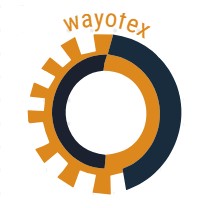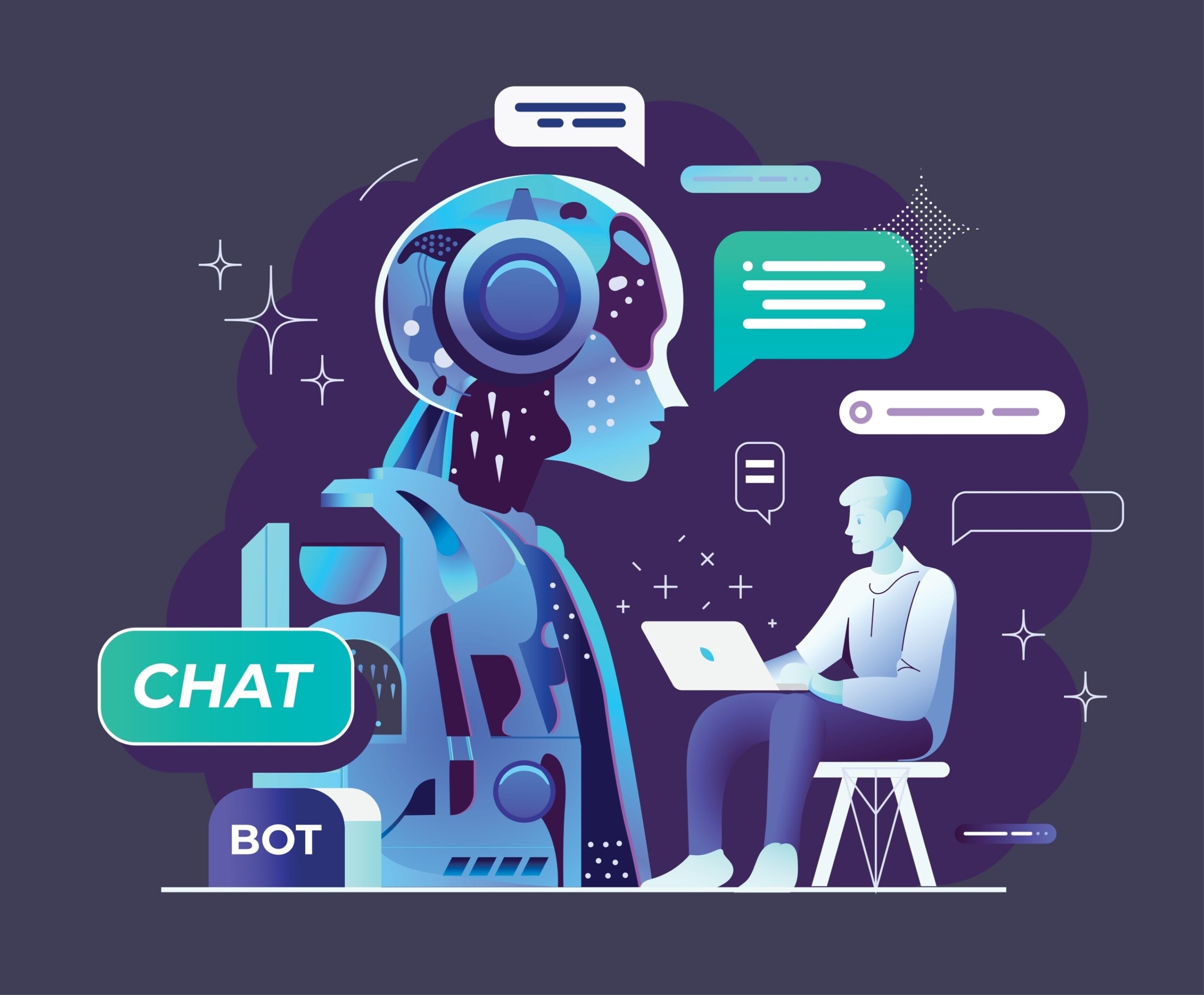Are you ready to take your branding strategy to the next level? Meet the newest game-changer on the marketing scene: AI Influencer Marketing. This revolutionary approach combines the power of artificial intelligence with the influence of social media influencers, creating a dynamic and effective way to connect with your target audience. In this blog post, we will explore how AI influencer marketing is revolutionizing branding, uncovering its benefits, showcasing successful campaigns through case studies, discussing how it can help identify and engage with target audiences, addressing potential challenges and limitations, and peering into the future of this exciting field. Get ready to discover a whole new world of possibilities for your brand!
Understanding AI Influencer Marketing
In today’s digital age, traditional advertising methods are no longer enough to capture the attention of consumers. Enter AI influencer marketing, a cutting-edge strategy that leverages artificial intelligence and social media influencers to promote brands and engage with target audiences in a more authentic and personalized way.
But what exactly is AI influencer marketing? Simply put, it involves using AI algorithms to analyze vast amounts of data from social media platforms such as Instagram, YouTube, and TikTok to identify the most relevant influencers who align with a brand’s values and target audience. By harnessing the power of AI technology, marketers can make informed decisions about which influencers to collaborate with for their campaigns.
One key advantage of AI influencer marketing is its ability to provide valuable insights into consumer behavior. Through data analysis, marketers can gain a deeper understanding of their target audience’s preferences, interests, and online habits. This knowledge allows them to tailor their messaging accordingly and create content that resonates with their audience on a more personal level.
Moreover, by partnering with influencers who have already built trust and credibility among their followers, brands can tap into an existing community that is more likely to be receptive to their message. Influencers have spent years cultivating relationships with their followers through engaging content creation; therefore when they endorse or recommend a product or service it comes across as genuine rather than forced.
The use of AI in influencer marketing also streamlines the process of finding suitable collaborators for brand campaigns. With algorithms identifying potential influencers based on specific criteria such as demographics or engagement rates, marketers can save time sifting through numerous profiles manually.
Ai Influencer Marketing definitely disrupts traditional branding strategies but ultimately offers even better results.
The Benefits of AI in Branding
AI, or artificial intelligence, has revolutionized many industries, and branding is no exception. The integration of AI into branding strategies has resulted in numerous benefits for businesses.
AI helps to gather and analyze vast amounts of data quickly and efficiently. This allows brands to gain valuable insights into consumer behavior patterns and preferences. By understanding their target audience better, brands can create more personalized and targeted marketing campaigns that resonate with consumers on a deeper level.
AI-powered algorithms can identify trends and predict market shifts with remarkable accuracy. This enables brands to stay ahead of the competition by adapting their strategies accordingly. With real-time data analysis capabilities, companies can make informed decisions faster than ever before.
Furthermore, AI influencers offer a cost-effective alternative to traditional celebrity endorsements. Brands can leverage AI-powered influencers who are capable of generating engaging content at scale without the high costs associated with human influencers.
Additionally, AI enhances customer experience through chatbots and virtual assistants. These intelligent tools provide 24/7 support by answering frequently asked questions promptly and accurately.
Case Studies: Successful AI Influencer Campaigns
When it comes to AI influencer marketing, many brands have already experienced tremendous success. Let’s take a look at some inspiring case studies that highlight the power of this innovative strategy.
One such example is the collaboration between a popular beauty brand and an AI influencer. By leveraging advanced algorithms and machine learning, the brand was able to create a digital influencer who perfectly embodied their target audience’s preferences. This virtual influencer quickly gained millions of followers on social media platforms, leading to increased brand awareness and sales.
Another case study involves a fashion retailer that used AI influencers to promote their latest collection. These virtual models were designed using deep learning techniques, which enabled them to showcase different outfits with stunning realism. The campaign generated significant engagement from fashion enthusiasts worldwide, resulting in heightened interest and purchases from customers.
In yet another successful campaign, an e-commerce company partnered with an AI influencer specializing in home decor. With its ability to analyze consumer trends and preferences, the virtual influencer provided personalized recommendations for interior design solutions. This approach not only boosted customer satisfaction but also drove sales by offering curated product suggestions based on individual tastes.
These examples demonstrate how incorporating AI influencers into branding strategies can be incredibly effective in capturing attention, resonating with target audiences, and driving business growth. As technology continues to evolve rapidly, we can expect even more groundbreaking campaigns that revolutionize the way brands connect with consumers.
Utilizing AI to Identify and Engage with Target Audiences
In today’s digital landscape, understanding your target audience is crucial for the success of any branding campaign. AI has revolutionized this process by providing brands with powerful tools to identify and engage their ideal customers.
AI algorithms can analyze vast amounts of data from social media platforms, search engines, and online communities to create detailed profiles of target audiences. This allows brands to gain insights into customer preferences, behaviors, and demographics in real-time.
With this information at hand, marketers can tailor their messaging and content strategy to resonate with their specific audience segments. By leveraging AI-powered influencer marketing platforms, brands can identify influencers whose followers align with their target demographic.
These platforms use advanced algorithms that take into account factors such as follower demographics, engagement rates, and relevance of content to match brands with the most suitable influencers for their campaigns. This ensures that brand messages reach a receptive audience who are more likely to engage and convert.
Moreover,
AI-enabled chatbots have also emerged as valuable tools for engaging with target audiences. These chatbots utilize natural language processing capabilities to provide personalized recommendations or answer customer queries in real time. By offering seamless interactions 24/7 across various channels like websites or messaging apps,
Potential Challenges and Limitations
While AI influencer marketing holds immense potential for revolutionizing branding strategies, it is not without its challenges and limitations. One of the primary challenges is ensuring authenticity in influencer content created by AI. As realistic as AI-generated content may be, there is always a risk that it might come across as artificial or manufactured, which could lead to a loss of trust among consumers.
Another limitation lies in the ethical considerations surrounding AI influencers. There are concerns about transparency and disclosure when it comes to disclosing whether an influencer is human or powered by AI technology. Brands need to carefully navigate this issue to maintain transparency with their audience and avoid potential backlash.
Additionally, identifying the right target audience can also be a challenge when using AI influencers. While algorithms can analyze data patterns and demographics, they may not always capture the nuances required to truly understand consumer behavior and preferences.
Furthermore, there may be technical limitations in terms of handling large amounts of data generated by AI influencers. It requires robust infrastructure and resources to effectively manage and analyze massive amounts of data for accurate insights.
Integrating AI into existing brand strategies requires time, investment, and expertise. Brands need to invest in training their teams on how to effectively utilize AI technologies while staying up-to-date with evolving algorithms.
The Future of Branding with AI Influencers
As we look ahead to the future, it’s clear that AI influencer marketing will continue to revolutionize branding. With advancements in technology and machine learning algorithms, we can expect even more sophisticated AI influencers that mimic human behavior and connect with audiences on a deeper level.
One exciting possibility is the integration of virtual reality (VR) and augmented reality (AR) technologies with AI influencers. Imagine being able to interact with an AI influencer in a virtual environment or having them appear as holograms at live events. This immersive experience could take brand engagement to new heights.
Additionally, as AI influencers become more prevalent, brands will need to adapt their strategies accordingly. They’ll need to focus on building authentic connections and creating meaningful content that resonates with their target audience. The key will be finding the right balance between technology-driven automation and genuine human connection.
Of course, there may also be challenges along the way. As AI continues to evolve, ethical considerations surrounding data privacy and transparency will become increasingly important for both brands and consumers. Trustworthiness is vital for successful brand partnerships, so it’s essential for brands to prioritize these factors when working with AI influencers.
In conclusion(!), the possibilities are endless when it comes to the future of branding with AI influencers. By harnessing the power of artificial intelligence, brands can reach bigger audiences, create personalized experiences, and stay ahead of competitors in an ever-evolving digital landscape. It’s an exciting time for marketers as they explore new ways to connect with consumers using cutting-edge technology – all thanks to the revolutionizing force of AI influencer marketing!




